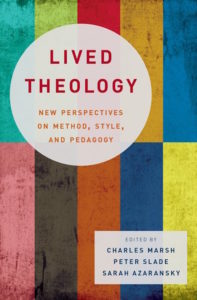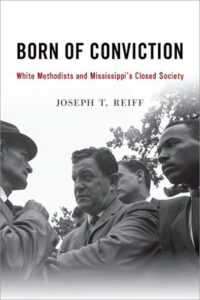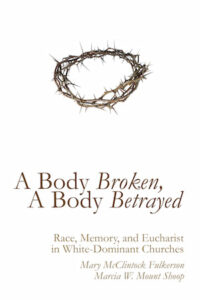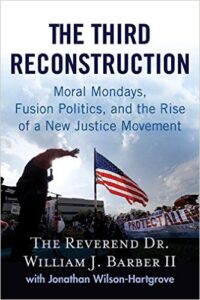By Sam Grossman
With elements of traditional memoir, biography and lyric essay, these nonfiction works chronicle some of the diverse experiences of the UVA alumni community.

In his newest book, UVA religious studies professor Charles Marsh explores the ways in which his Christian upbringing affected his mental health. For years he suffered from panic attacks and depression, but “we did not do therapy—my family, my particular evangelical coterie,” he writes. With vulnerability and humor, Marsh explains how he finally sought mental health treatment. Through years of Freudian psychoanalysis, he slowly sheds the secrecy and shame he was “primed for,” becoming “freer, and somehow more unified.” In the end, Marsh remains devoted to Christianity, with the understanding that it’s “much larger and more encompassing than the churches of my childhood.”
The Project on Lived Theology at the University of Virginia is a research initiative, whose mission is to study the social consequences of theological ideas for the sake of a more just and compassionate world.

 Newly Released Book Receives Praise
Newly Released Book Receives Praise The Alternative Witness of “the Twenty-Eight” to 1960’s Segregation
The Alternative Witness of “the Twenty-Eight” to 1960’s Segregation Addressing the wounds of race and privilege that continue to diminish the life of the church
Addressing the wounds of race and privilege that continue to diminish the life of the church A call to action to a moral revolution
A call to action to a moral revolution